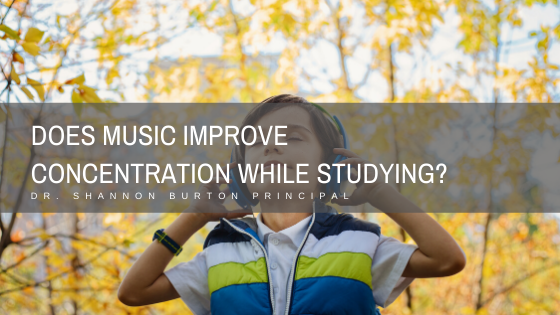For over twenty years, there’s been an impression across American culture that music can help people study and improve general intelligence. This all dates back to some research done by Dr. Gordon Shaw. His research seemed to show that classical music helped improve college students’ IQ scores by almost ten points. This remarkable finding became known as “The Mozart Effect.” It was widely reported in the popular press.
This research spawned lots of fads. In the 1990s, it was popular for pregnant women to listen to Mozart, in the hopes that it would make their babies more intelligent. There were lines of classical-music CDs aimed at small children, too. The feeling was that if children listened to classical music while doing work, it would improve their intelligence and results in school.
As time passed, critics pointed out some flaws in Shaw’s work. The tests he conducted only focused on spatial reasoning, not general intelligence. About ten years after his original work, researchers reviewed dozens of studies on The Mozart Effect. They found that overall, there just wasn’t much evidence for it.
However, Shaw’s research inspired more study in the area of music and concentration. There is some research that shows that some types of music can increase focus and decrease stress. Studies seem to show that the type of music matters when it comes to studying. Generally speaking, loud and aggressive music proves to be a distraction. Classical music or other soothing genres can make it easier to de-stress and study for long periods of time.
Some research even shows that easy listening music can improve a student’s ability to memorize information. The problem, unfortunately, is that generally, the same music must be on for the student to recall the information. In controlled settings, like SATs and final exams, students generally aren’t allowed to listen to music.
Finally, it’s important to remember that everyone has a different learning style. Students should try studying while listening to music. If it feels like it’s helping, then by all means, they should continue to use music as a study aid. However, if they feel irritable or distracted, it’s a good idea to turn the music off. Some people really do need silence to concentrate.

